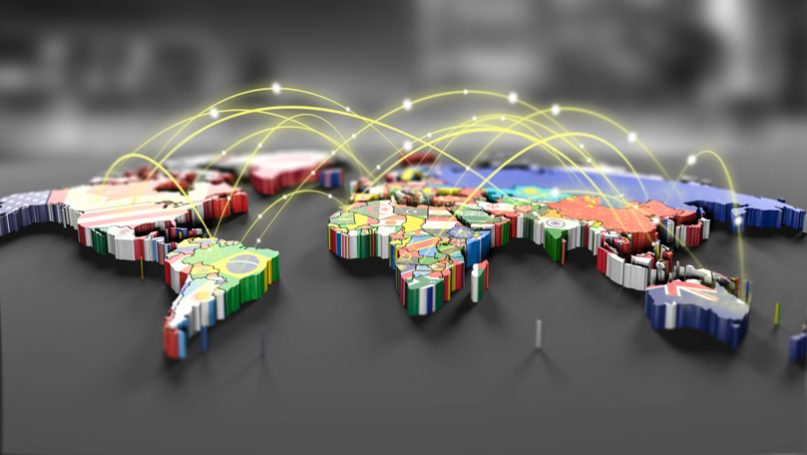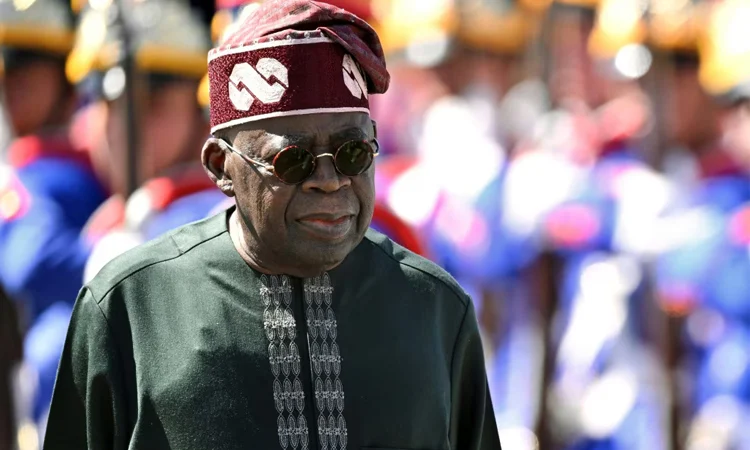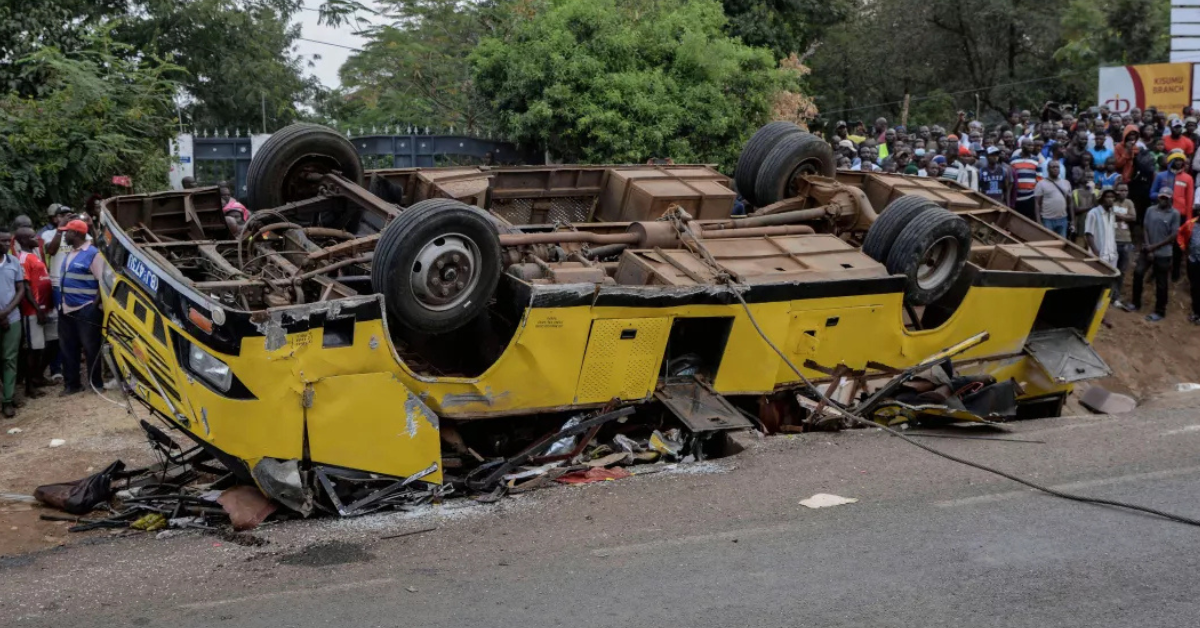In Geneva this week, the mood at the Global Plastics Treaty talks took a sharp turn. The United States quietly circulated a memo rejecting proposals to cap plastic production—something over a hundred countries have been fighting for.
It’s a blow to environmental activists who believe tackling waste without tackling production is like “mopping the floor while the tap is still running.” For many delegates, the American stance reflects the clout of petrochemical giants, including players from Saudi Arabia and Russia. There’s now talk of a “coalition of the willing”—a breakaway group of nations that might push ahead with tougher rules on their own.
Thousands of miles away in Cairns, Australia, a different kind of global cooperation hit a roadblock. Eight bat researchers—some of them leaders in their field—were denied entry to attend the International Bat Research Conference. Most came from Asia and Africa, and at least one earned a PhD in Australia itself. The government’s official line was “security concerns,” but organisers are fuming, warning that this undermines global disease surveillance efforts at a time when the world can’t afford to drop its guard.
Meanwhile in Osaka, Japan, the World Expo 2025 is playing host to an unlikely guest—NATO. The military alliance is using the global cultural showcase to tell its story beyond Europe and North America. This isn’t about tanks and troops—it’s about showing NATO as a partner in crisis response, cyber security, and disaster relief. For an organisation often viewed through the lens of conflict, it’s a rare chance to soften its image and build ties in Asia.
From climate diplomacy to scientific freedom, and even the branding of military alliances—today’s global headlines remind us of a simple truth: the world’s challenges are deeply connected, but so too are the people trying to solve them.



